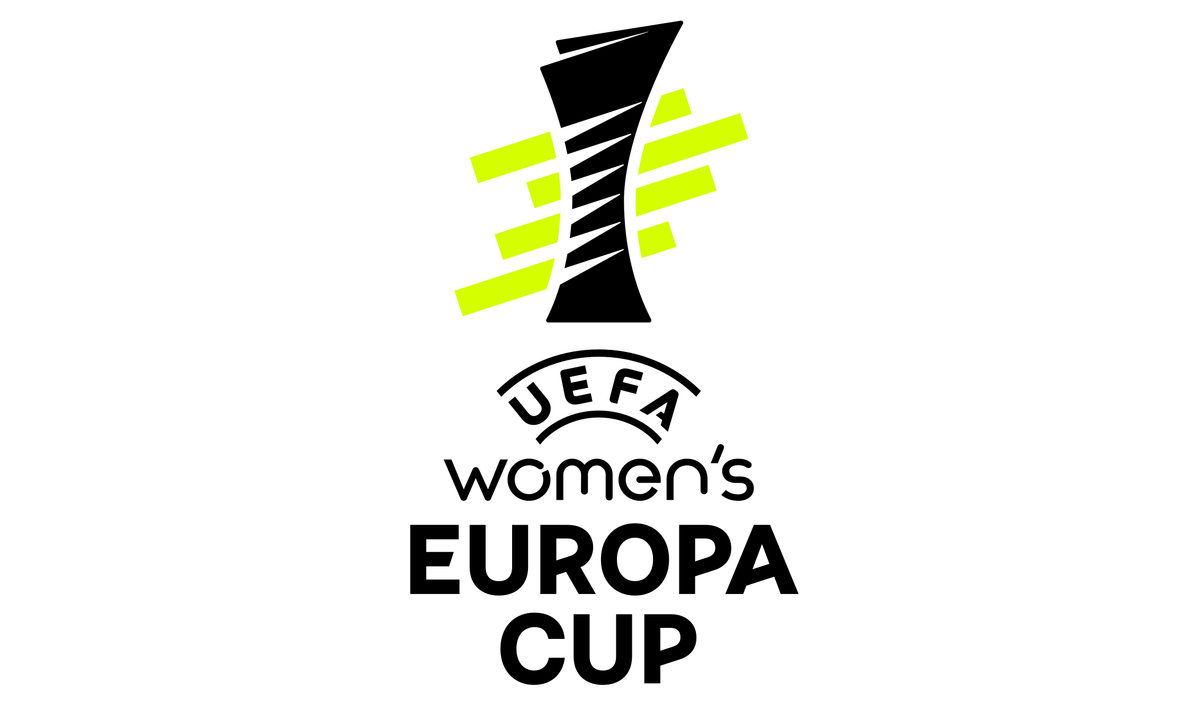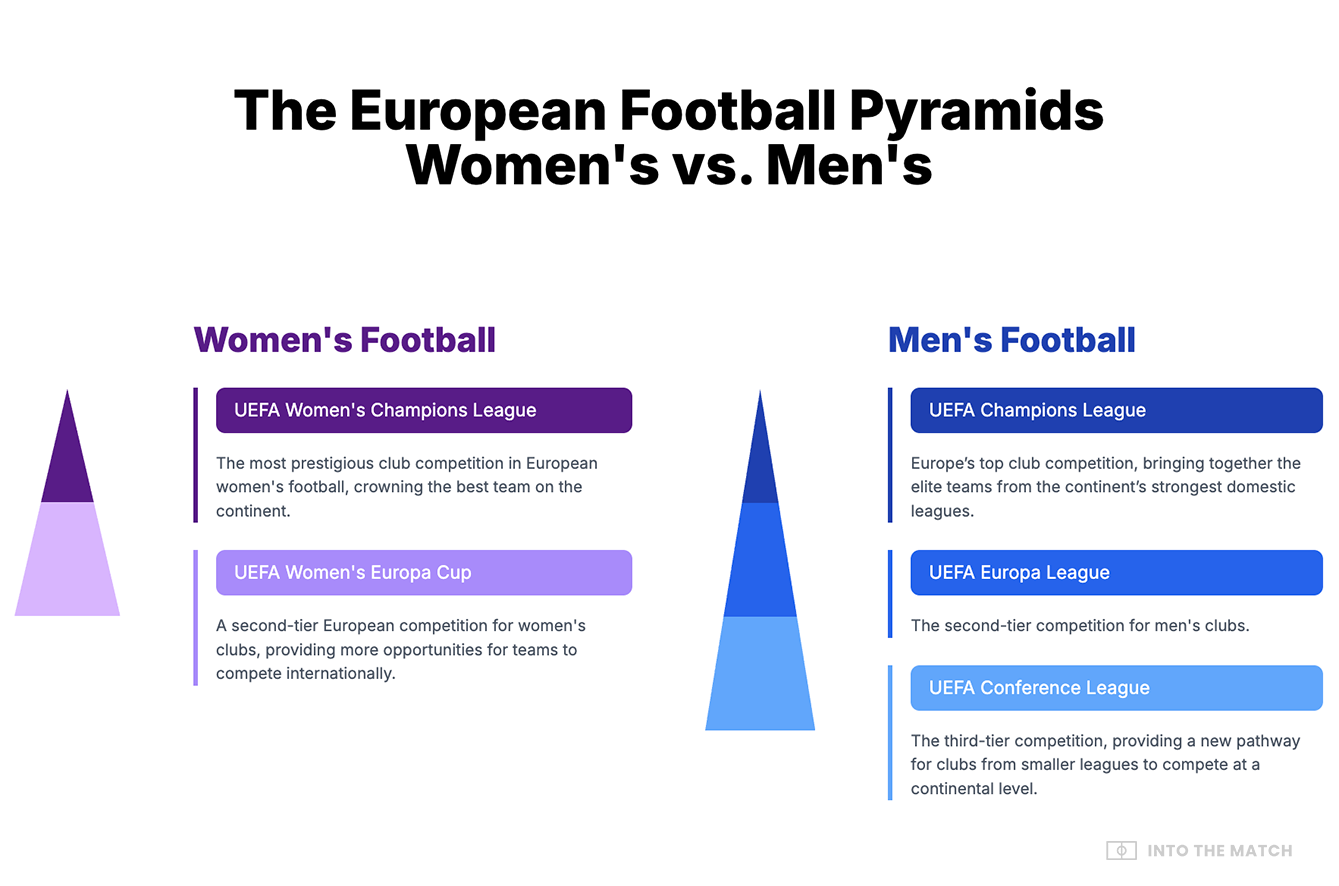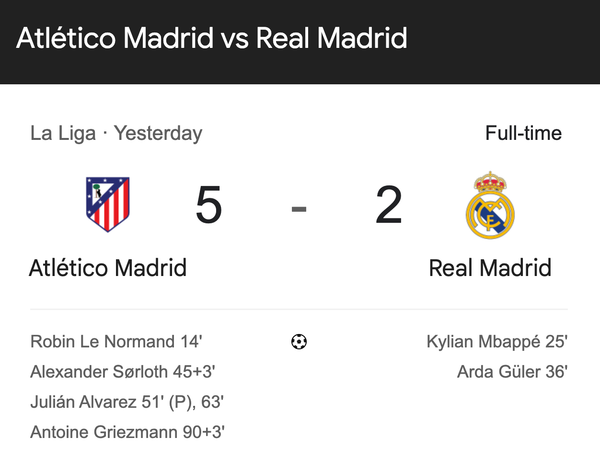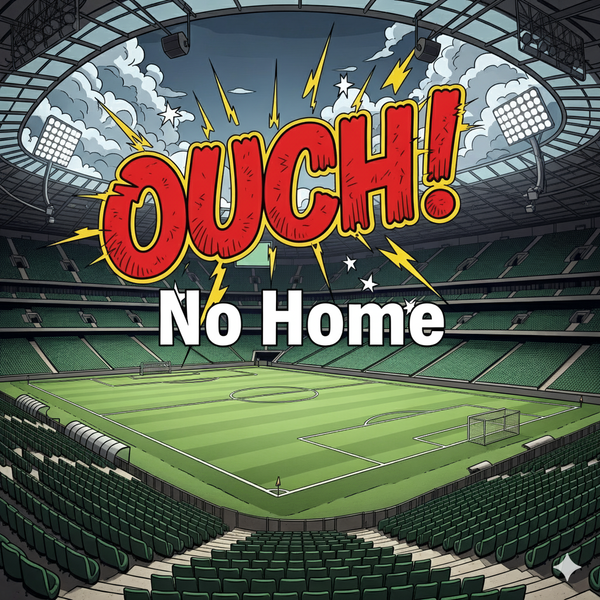UEFA Women's Europa Cup: The New Era of European Women's Football
Starting from the 2025/26 season, UEFA is introducing the UEFA Women's Europa Cup, a new competition.

European women's football is on the verge of a huge leap. Starting from the 2025/26 season, UEFA is introducing the UEFA Women's Europa Cup, a new competition that promises to revolutionize the landscape. What does this mean for clubs, players, and fans? Let's break it down.
What is the UEFA Women's Europa Cup?
Think of it as the "younger sibling" of the Champions League, but with an equally important role. It's the second most important club competition in Europe and its creation responds to a clear need: to provide more opportunities for teams that don't always reach the elite level of the Champions League.
Because from a professional standpoint, the creation of the UEFA Women's Europa Cup addresses a critical strategic gap in the European football ecosystem for women. The previous lack of a second-tier tournament meant that few clubs had access to continental football, leaving many good teams in a developmental vacuum. This system gave clubs less incentive to invest, which hindered the sport's professionalization. By introducing the Europa Cup, UEFA offers a realistic pathway for more clubs, provides valuable experience, and creates new economic incentives that foster a more sustainable model for women's football across the continent.
The name "Europa Cup" also isn't a coincidence, it seeks to connect with fans of men's football, but the structure is unique. It's a straight knockout competition, a "do or die" format from the start.
Format and Structure: Who plays and how?
The competition will have a clear and exciting format, with several phases that guarantee a mix of teams.
Direct entries:
13 clubs will have direct access, including teams that finished third in top European leagues.
The 'recycled' teams:
Teams that are eliminated in the qualifying rounds of the Women’s Champions League will get a second chance in this new Cup. This is key to maintaining competitiveness and providing more high-level matches for clubs.
The big prize:
The winner of the UEFA Women’s Europa Cup automatically qualifies for the following season's Women’s Champions League, which increases the ambition of all participants.
We could get more technical in this part, but in the end no matter how, the main question remains:
Why is this competition so important for women's football?
Imagine European women's football as a pyramid. At the very top, there's the Champions League, where only a few teams from a handful of countries get to play. For many years, there was a huge, empty space right below that elite level. A lot of really good teams and talented players were stuck, unable to climb the pyramid because there was no middle step. They could be the third-best team in England or the runner-up in Italy, but their journey would stop right there, with no chance to play against other European clubs.

The new Women's Europa Cup is that crucial middle step. It's the new stage where those teams get to shine. By creating this new tournament, UEFA isn't just adding dates to the calendar; they're building a complete ladder (much needed, by the way).
Now, with this competition, ambitious clubs have a new target to aim for, which encourages them to invest more, attract better players, and raise their own standards. This, in turn, makes their domestic leagues stronger and more competitive, by giving them more experience on the field. And let's not forget, a new competition attracts sponsors, broadcasters, and, most importantly, more attention from fans, which translates into more revenue and investment.
It's a domino effect that helps the entire sport grow, giving more clubs, players, and ultimately the fans a part to play in the story.
A piece of the bigger UEFA puzzle
The launch of the Europa Cup is part of a broader UEFA strategy for women's football, which also includes a revamped Women’s Champions League with a league-style format.
All these changes are designed to make women's football more sustainable, exciting, and accessible to everyone.
In short, the UEFA Women's Europa Cup is a milestone 💪. It's proof that women's football has no ceiling and that its growth is a priority. In September 2025, we won't just see a new tournament; we'll witness how a new chapter in the history of this sport is being written.





